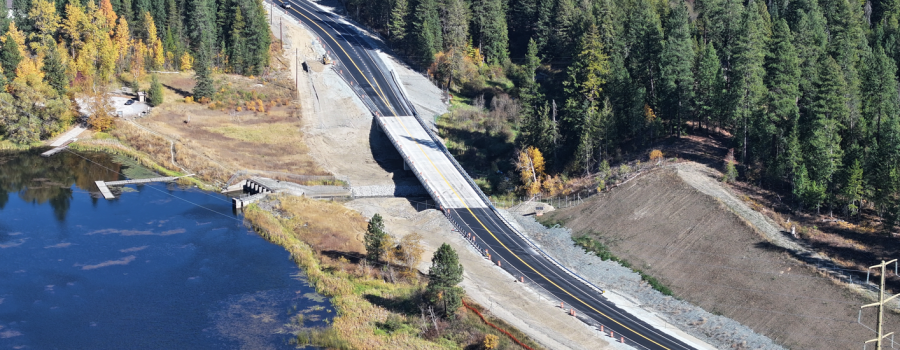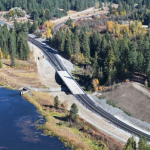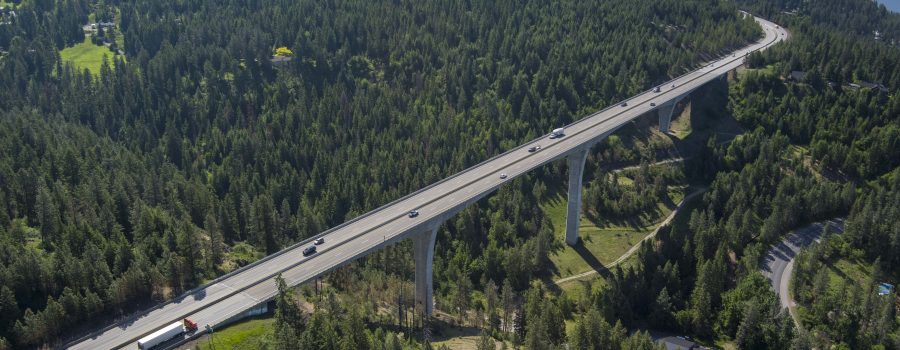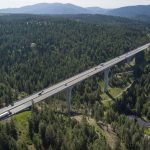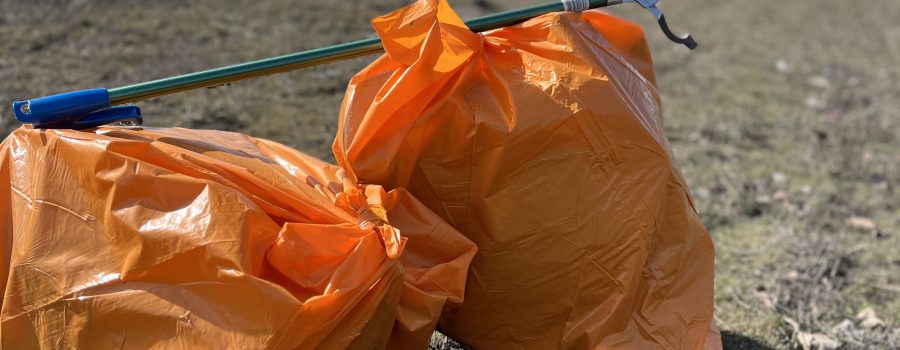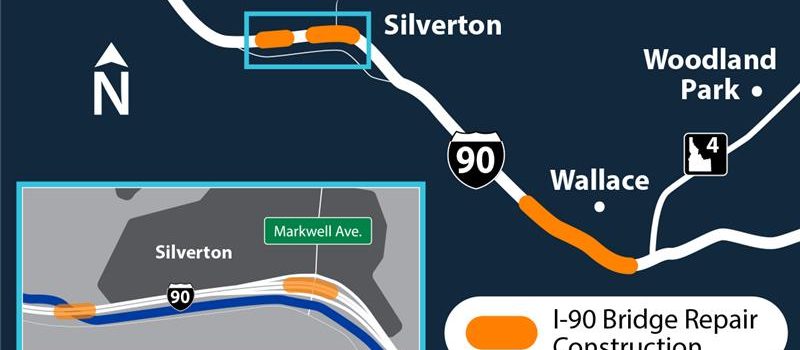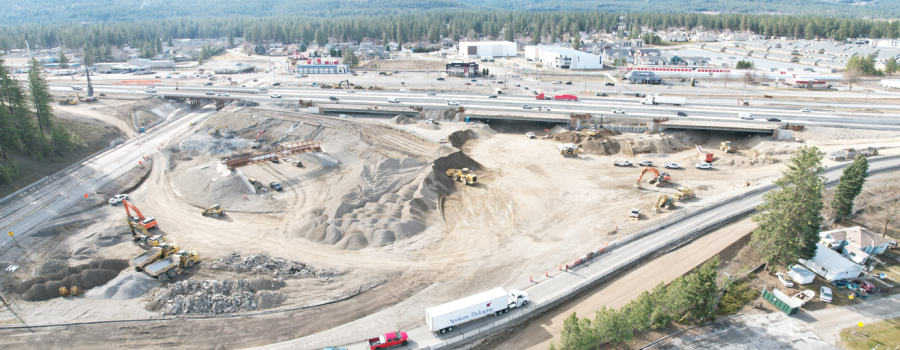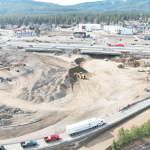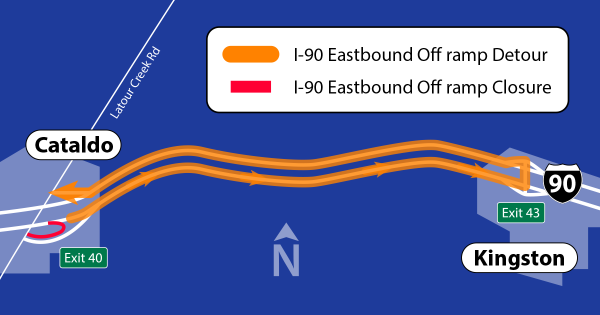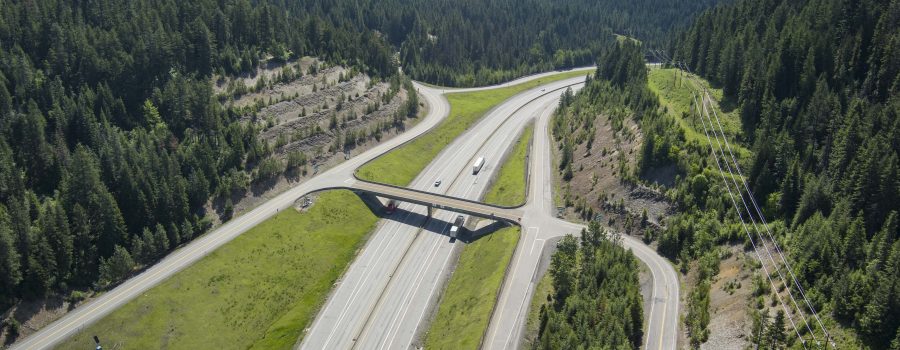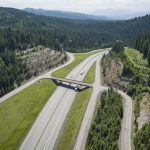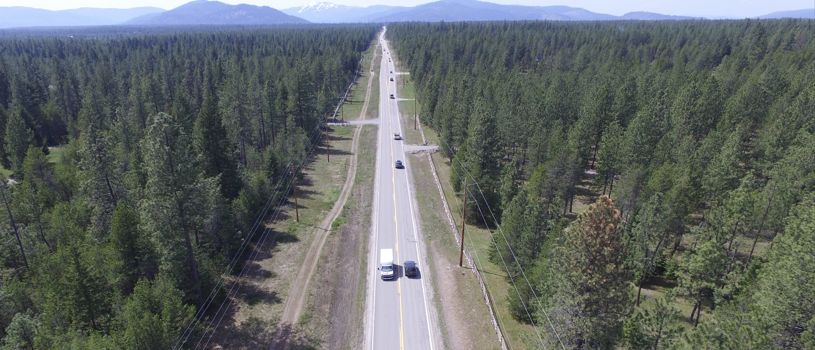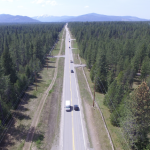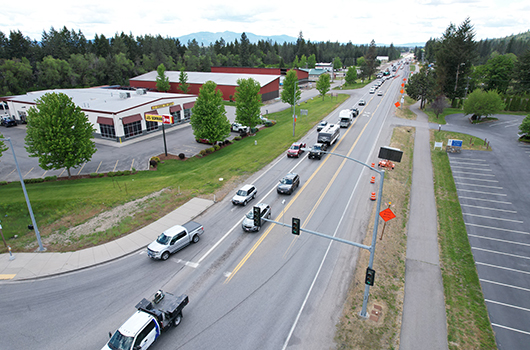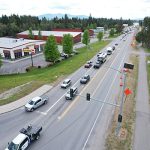Idaho Transportation Department seeks feedback on draft seven-year transportation plan
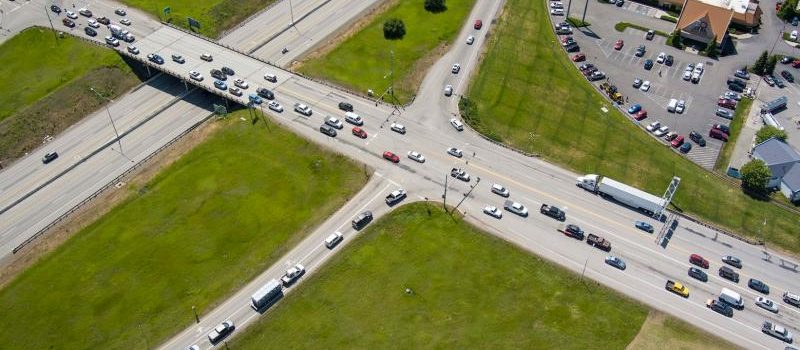
The Idaho Transportation Department is seeking feedback on the just-released draft Idaho Transportation Investment Program (ITIP). The ITIP outlines the state’s transportation priorities and guides investment decisions for the next seven years through 2032. ITD encourages everyone to review the draft and provide comments July 1-31.
Transportation projects included in the draft ITIP range from large-scale interstate improvements to smaller projects like the installation of new guardrail. Projects are located throughout Idaho’s 44 counties and involve all modes of transportation. Project selection is determined through technical data, as well as input from local officials and residents.
Visit itd.idaho.gov/funding to view an interactive map to learn about projects and submit a comment through the portal.
This draft ITIP shows plans for $5.8 billion in funding, including $200 million dedicated to pavements and $100 million dedicated to bridges each year.
ITD Chief Deputy Director Dan McElhinney outlined, “The Idaho practice of annually updating a seven-year highway transportation plan helps consider the growth of traffic we are all seeing which is accelerating the need for safety, preservation and capacity improvements supporting communities statewide. This draft ITIP presents investment needs in highway pavement, bridge repairs, and congestion relief improvements that will provide the Idaho Transportation Board effective options to consider looking ahead for Idaho.”
In mid-June, the Idaho Transportation Board accepted staff recommendations to address congestion on priority corridors using Transportation Expansion and Congestion Mitigation funds. These funds came from House Bill 25, which was passed by the Idaho Legislature earlier this year. The legislation provides an additional $20 million a year to the TECM fund for the next three years and allows the department to invest an extra $1 billion in the Idaho transportation system.
One of the major projects included in the draft ITIP as part of the board’s action include:
- Design and construction of the I-90 and US-95 Interchange. This project will add capacity to support future traffic volumes, which are expected to double by 2045, and enhance safety by eliminating off-ramp queues backing up on to the interstate. Prior to House Bill 25, no funding was available for construction; now it could be possible as early as 2027.
Comments can be emailed to itipcomments@itd.idaho.gov, recorded at 208-334-8063 or mailed to:
ITIP – Comments
Attn: Noah Ipaye
P.O. Box 7129
Boise, ID 83707
Paper copies of the ITIP will be available at regional offices and provided upon request by contacting the Idaho Transportation Department at 208-334-8284.
After approval by the Idaho Transportation Board in September, the ITIP will then be submitted to the Federal Highway Administration, the Federal Transit Administration, and the Environmental Protection Agency in October.
Public input is crucial in ensuring that the ITIP includes the prioritized needs of Idaho’s communities.


